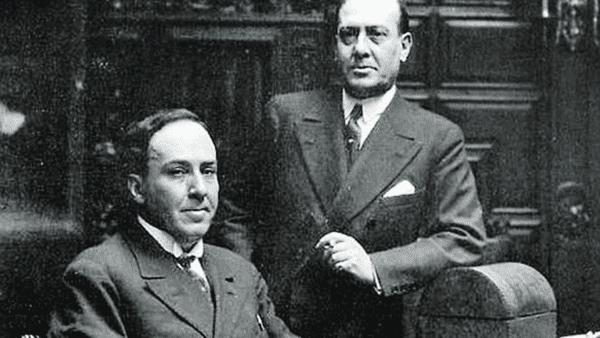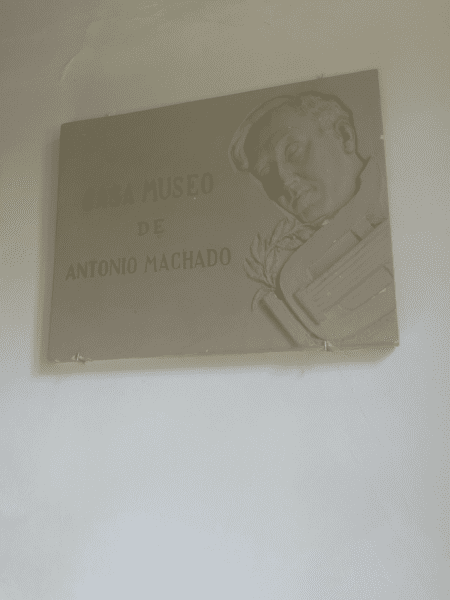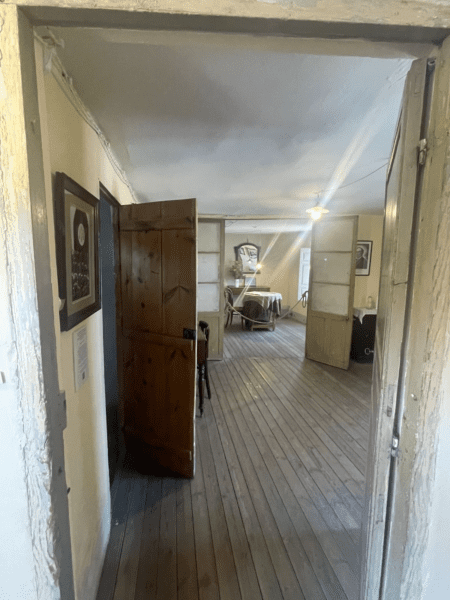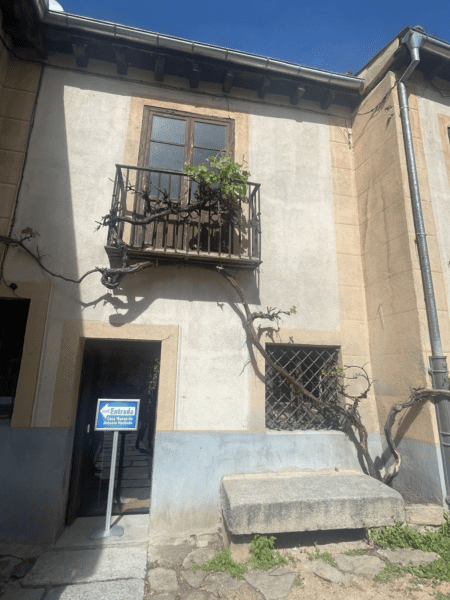“Spoke in verse and lived in poetry….”
… Are the words of XX-century Spanish poet Gerardo Diego when describing Antonio Machado.
About Antonio Machado
Who was Antonio Machado?
Antonio Machado was a man known as one of the most recognized poets of the Spanish literary movement Generation of 1898.
Machado was born in the year 1875 in Sevilla, Spain. And later in his life moved to Madrid, Spain, with his family, where his father got a position as a professor.
After his father’s sudden death in 1893, Machado and his brother started writing and stepping into what was known as bohemian social circles full of other poets and artists like Rubén Darío.

In 1899, at the age of 24, alongside his brother, he moved to Paris, France, where they found work as Spanish translators at Garnier Publishers. They also encountered a known writer of the time, Oscar Wilde.
His first poems were part of a journal called “Electra,” published in 1901, and later he wrote a book named “Soledades” in 1903.
Machado is still celebrated today because he rejected the modernism of the time and preferred to write, as he called it, “eternal poetry,” which was inspired more by intuition rather than intellect.
He was also a playwright, collaborated with his brother Manuel, and did a collection of philosophical reflections, “Juan de Mairena” (1936).
Machado moved to teach French at the Segovia Institute from 1919 to 1931 to be close to Madrid, where his brother lived. They met on the weekends to work.

Casa Museo de Antonio Machado
The beautiful house in which he stayed remains standing in Segovia. Today, it is known as a tourist attraction under the name “Casa Museo de Antonio Machado,” less than five minutes away from Plaza Mayor.
You can visit it yourself; open from 11:00 to 14:00 Mondays through Sundays and 16:00 to 18:00 Wednesdays to Saturdays. The tickets only cost 3 euros on a regular day.
It is best to go early in the morning before many tourist groups arrive. When I went, I had the house practically to myself. This was an incredible experience.
The furniture, building, and overall ambiance remain as if no time had passed since Machado lived there.

You are given a listening device at the house to hear recordings about each room. I listened to each recording as I walked through the tiny house. Each room feels as if it had a scene being carried out, and each recorded audio captures that perfectly.
When I visited, my favorite place in the house was this open-spaced library with Antonio’s work, but a piece was also written about him.
Machado’s house feels welcoming and comforting, perfect for anyone wishing to know a little more about Segovia and Spain’s literature world as a whole.
To know more about Antonio Machado’s life, and to visit his home in Segovia, click here.
Findings on Machado’s Life
The Spanish community loves Machado, and because of his brilliance, he remains an inspiration for many writers around the country.
I learned that Machado passed away a few years after leaving Segovia. Antonio was known to be a strong supporter and loyal to the Spanish Republic, which was dissolved on their loss against the Nationalists led by General Francisco Franco in the Spanish Civil War. He died in exile after fleeing Spain when the Republic collapsed in 1939.

All in all, Antonio leaves a legacy in Segovia, where his house still stands. Living in Segovia as an IE student, enjoying our lives here as students, and creating fun are all essential. Still, we must also appreciate the lives of those who left their mark on this multifaceted city.
To know Segovia’s past and present is to know Segovia inside out. One way to do this is to read Machado’s works and visit his home.







